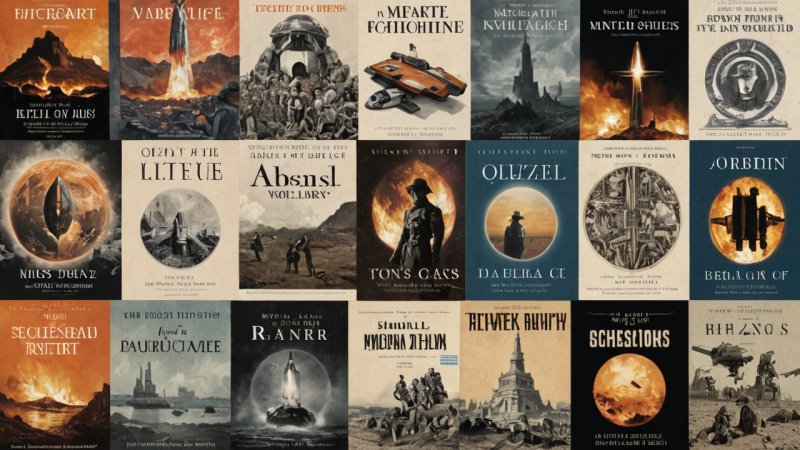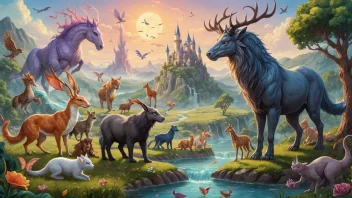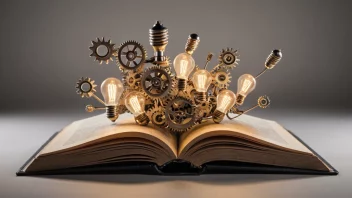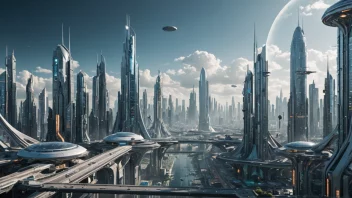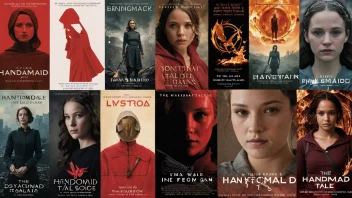What is alternate history in literature?
Alternate history is a subgenre of speculative fiction that explores what might have happened if certain historical events had occurred differently. It takes real historical events and alters them to create a new timeline or reality, often leading to unexpected outcomes and scenarios.
How does alternate history differ from regular historical fiction?
While both genres are rooted in historical events, alternate history diverges by changing key moments to imagine different outcomes. In contrast, historical fiction aims to depict a story that is consistent with established history, focusing on the details and nuances of the time period.
What are some popular examples of alternate history in science fiction?
- The Man in the High Castle by Philip K. Dick - This novel imagines a world where the Axis powers won World War II and explores the effects on American society.
- 11/22/63 by Stephen King - A time traveler attempts to prevent the assassination of President Kennedy, leading to unforeseen consequences.
- Fatherland by Robert Harris - Set in a world where Nazi Germany won World War II, this thriller follows a detective unraveling a conspiracy in a totalitarian state.
- American War by Omar El Akkad - A dystopian novel set in a future America ravaged by climate change and civil war, examining the implications of conflict and survival.
What themes are commonly explored in alternate history literature?
Alternate history often examines themes such as identity, power, morality, and the consequences of choices. Authors use these altered timelines to reflect on societal issues, question historical narratives, and explore what could have been.
Is alternate history relevant to contemporary society?
Absolutely! Alternate history allows readers to reflect on current events by providing a lens through which to view the past. By considering how different choices could have led to different outcomes, readers gain insight into the complexities of human decisions and their impact on the world.
How can I get started reading alternate history fiction?
To dive into the world of alternate history, start with some of the popular titles mentioned earlier. You might also explore anthologies and collections of short stories in the genre. Engaging in online book clubs or forums can also enhance your experience by allowing you to discuss and analyze the themes and implications of the stories with fellow readers.
Are there any notable authors known for their work in alternate history?
Yes! Some notable authors in this genre include:
- Philip K. Dick - Renowned for his thought-provoking narratives and alternate realities.
- Harry Turtledove - Often referred to as the "master of alternate history," he has written numerous novels exploring different historical scenarios.
- Robert Harris - Known for his gripping narratives that often blend real historical events with fictional elements.
- Omar El Akkad - A contemporary voice in the genre, exploring themes of war and resilience.
What impact does alternate history have on readers?
Readers of alternate history often find themselves questioning the nature of history and the decisions that shape our world. It encourages critical thinking about past events and their consequences, fostering a deeper understanding of history and its relevance to contemporary issues.
Can alternate history be a tool for social commentary?
Yes, many authors use alternate history as a means of social commentary. By altering historical events, they can highlight the fragility of societal structures, critique current political climates, and explore the potential consequences of choices made by individuals and governments.
What should readers keep in mind when approaching alternate history?
When reading alternate history, it's important to approach it with an open mind. Recognize that these narratives are not meant to serve as accurate representations of history but rather as explorations of possibilities. Engage with the themes and ideas presented, and consider how they relate to real historical events.
In conclusion, alternate history in science fiction literature offers a rich tapestry of possibilities, allowing readers to explore “what if” scenarios that challenge our understanding of the past. Whether you’re a seasoned reader or new to the genre, there’s always something intriguing to discover in the world of alternate history.
